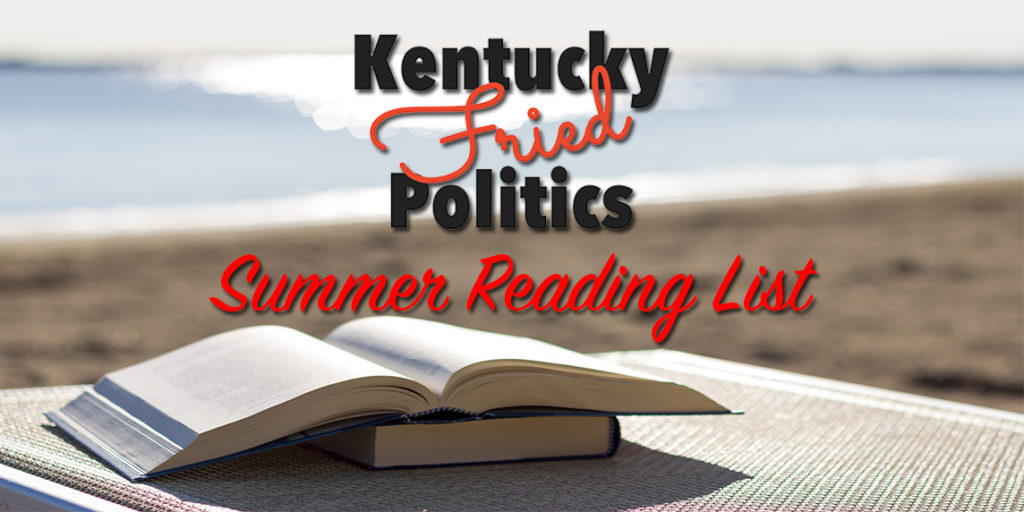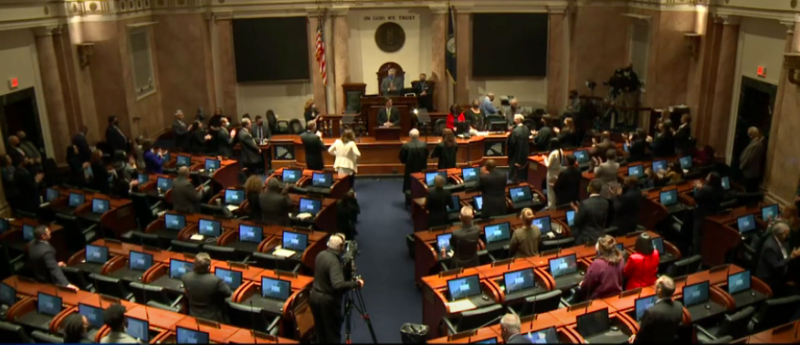Life is finally returning to normal, and for many of us that means cooling our feet in the sand for a few days with a good book.
We got in touch with some of the most well-read Kentucky politicos to see what they’ve been reading and put together the Kentucky Fried Politics 2021 Summer Reading List for your summer enjoyment.
These Truths: A History of the United States by Jill Lepore.
From the publisher: The American experiment rests on three ideas – “these truths,” Jefferson called them – political equality, natural rights, and the sovereignty of the people. But has the nation, and democracy itself, delivered on that promise? These Truths tells this uniquely American story, beginning in 1492, asking whether the course of events over more than five centuries has proven the nation’s truths, or belied them. To answer that question, Lepore wrestles with the state of American politics, the legacy of slavery, the persistence of inequality, and the nature of technological change. “A nation born in contradiction… will fight, forever, over the meaning of its history,” Lepore writes, but engaging in that struggle by studying the past is part of the work of citizenship. With These Truths, Lepore has produced a book that will shape our view of American history for decades to come.
The Man Who Ran Washington: The Life and Times of James A. Baker III by Peter Baker and Susan Glasser.
From the publisher: For a quarter-century, from the end of Watergate to the aftermath of the Cold War, no Republican won the presidency without his help or ran the White House without his advice. James Addison Baker III was the indispensable man for four presidents because he understood better than anyone how to make Washington work at a time when America was shaping events around the world. The Man Who Ran Washington is a page-turning portrait of a power broker who influenced America’s destiny for generations.
What It Takes: The Way to the White House by Richard Ben Cramer.
From the publisher: An American Iliad in the guise of contemporary political reportage, What It Takes penetrates the mystery at the heart of all presidential campaigns: How do presumably ordinary people acquire that mixture of ambition, stamina, and pure shamelessness that makes a true candidate? As he recounts the frenzied course of the 1988 presidential race — and scours the psyches of contenders from George Bush and Robert Dole to Michael Dukakis and Gary Hart — Pulitzer Prize-winning journalist Richard Ben Cramer comes up with the answers, in a book that is vast, exhaustively researched, exhilarating, and sometimes appalling in its revelations.
The Code Breaker: Jennifer Doudna, Gene Editing, and the Future of the Human Race by Walter Isaacson.
From the publisher: The bestselling author of Leonardo da Vinci and Steve Jobs returns with a gripping account of how Nobel Prize winner Jennifer Doudna and her colleagues launched a revolution that will allow us to cure diseases, fend off viruses, and have healthier babies.
The New Map: Energy, Climate, and the Clash of Nations by Daniel Yergin.
From the publisher: The world is being shaken by the collision of energy, climate change, and the clashing power of nations in a time of global crisis. Out of this tumult is emerging a new map of energy and geopolitics. The “shale revolution” in oil and gas has transformed the American economy, ending the “era of shortage” but introducing a turbulent new era. Almost overnight, the United States has become the world’s number one energy powerhouse. Yet concern about energy’s role in climate change is challenging the global economy and way of life, accelerating a second energy revolution in the search for a low-carbon future. All of this has been made starker and more urgent by the coronavirus pandemic and the economic dark age that it has wrought.
The Path to Power (The Years of Lyndon Johnson, Volume 1) by Robert Caro.
From the publisher: The Years of Lyndon Johnson is the political biography of our time. No president—no era of American politics—has been so intensively and sharply examined at a time when so many prime witnesses to hitherto untold or misinterpreted facets of a life, a career, and a period of history could still be persuaded to speak.
The Path to Power, Book One, reveals in extraordinary detail the genesis of the almost superhuman drive, energy, and urge to power that set LBJ apart. Chronicling the startling early emergence of Johnson’s political genius, it follows him from his Texas boyhood through the years of the Depression in the Texas hill Country to the triumph of his congressional debut in New Deal Washington, to his heartbreaking defeat in his first race for the Senate, and his attainment, nonetheless, of the national power for which he hungered.
Philip and Alexander: Kings and Conquerors by Adrian Goldsworthy.
From the publisher: Alexander the Great’s conquests staggered the world. He led his army across thousands of miles, overthrowing the greatest empires of his time and building a new one in their place. He claimed to be the son of a god, but he was actually the son of Philip II of Macedon.
Philip inherited a minor kingdom that was on the verge of dismemberment, but despite his youth and inexperience, he made Macedonia dominant throughout Greece. It was Philip who created the armies that Alexander led into war against Persia. In Philip and Alexander, classical historian Adrian Goldsworthy shows that without the work and influence of his father, Alexander could not have achieved so much. This is the groundbreaking biography of two men who together conquered the world.
Pappyland: A Story of Family, Fine Bourbon, and the Things That Last by Wright Thompson.
From the publisher: The story of how Julian Van Winkle III, the caretaker of the most coveted cult Kentucky Bourbon whiskey in the world, fought to protect his family’s heritage and preserve the taste of his forebears, in a world where authenticity, like his product, is in very short supply.
Undaunted Courage: The Pioneering First Mission to Explore America’s Wild Frontier by Stephen E. Ambrose.
From the New York Times bestselling author of Band of Brothers and D-Day, the definitive book on Lewis and Clark’s exploration of the Louisiana Purchase, the most momentous expedition in American history and one of the great adventure stories of all time.
This Side of Paradise by F. Scott Fitzgerald.
F. Scott Fitzgerald’s cherished debut novel announced the arrival of a brilliant young writer and anticipated his masterpiece, The Great Gatsby. Published in 1920, when the author was just twenty-three, This Side of Paradise recounts the education of young Amory Blaine—egoistic, versatile, callow, imaginative. As Amory makes his way among debutantes and Princeton undergraduates, we enter an environment heady with the promise of everything that was new in the vigorous, restless America after World War I. We experience Amory’s sailing hopes, crushing defeats, deep loves and stubborn losses. His growth from self-absorption to sexual awareness and personhood unfolds with continuous improvisatory energy and delight. Fitzgerald’s remarkable formal inventiveness couches Amory’s narrative among songs, poems, dramatic dialogue, questions and answers. The novel’s freshness and verve—praised upon publication, now renowned by history—only heighten the sense that the world being described is our own, modern world.
Splendid and the Vile: A Saga of Churchill, Family, and Defiance During the Blitz by Erik Lawson.
From the publisher: On Winston Churchill’s first day as prime minister, Adolf Hitler invaded Holland and Belgium. Poland and Czechoslovakia had already fallen, and the Dunkirk evacuation was just two weeks away. For the next twelve months, Hitler would wage a relentless bombing campaign, killing 45,000 Britons. It was up to Churchill to hold his country together and persuade President Franklin Roosevelt that Britain was a worthy ally—and willing to fight to the end.
In The Splendid and the Vile, Erik Larson shows, in cinematic detail, how Churchill taught the British people “the art of being fearless.” It is a story of political brinkmanship, but it’s also an intimate domestic drama, set against the backdrop of Churchill’s prime-ministerial country home, Chequers; his wartime retreat, Ditchley, where he and his entourage go when the moon is brightest and the bombing threat is highest; and of course 10 Downing Street in London. Drawing on diaries, original archival documents, and once-secret intelligence reports—some released only recently—Larson provides a new lens on London’s darkest year through the day-to-day experience of Churchill and his family: his wife, Clementine; their youngest daughter, Mary, who chafes against her parents’ wartime protectiveness; their son, Randolph, and his beautiful, unhappy wife, Pamela; Pamela’s illicit lover, a dashing American emissary; and the advisers in Churchill’s “Secret Circle,” to whom he turns in the hardest moments.

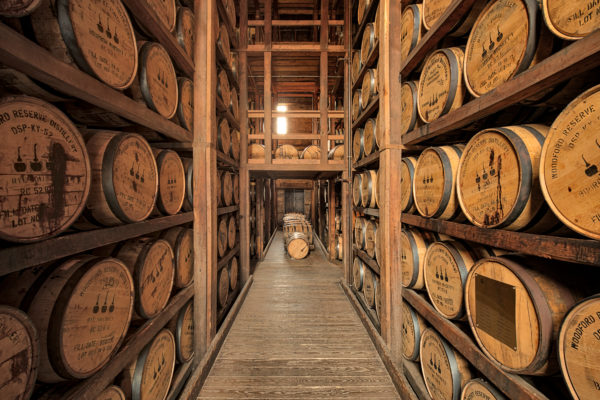
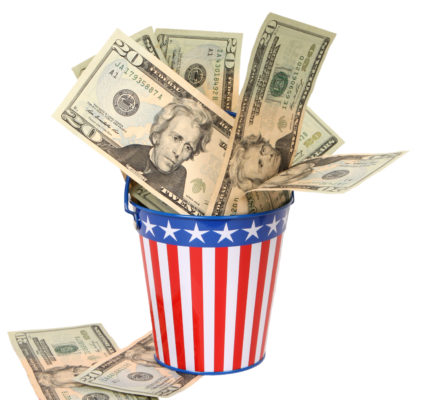
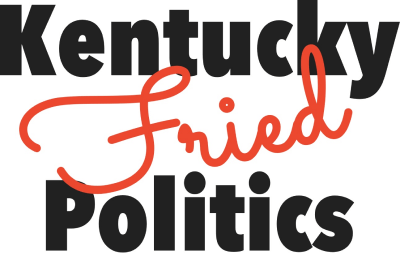
 Login
Login  Must include at least 8 charaters
Must include at least 8 charaters